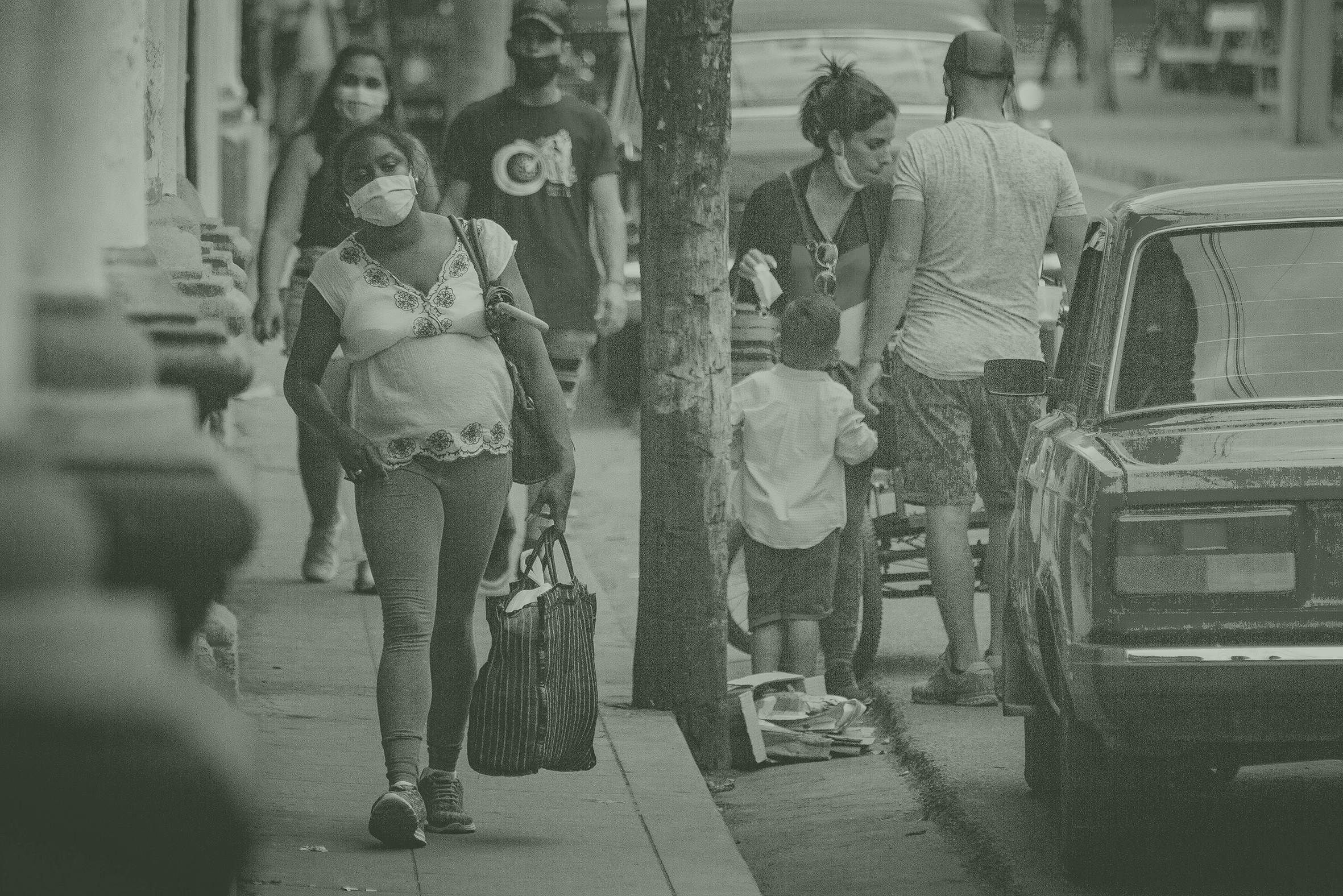This page is under construction! Stay tuned for a more complete and accessible presentation of ongoing and finished research projects within VREF:s Programme Walking as a Mode of Transport (Walking)
Investigating young men’s experiences of walking to the ‘bus’ in low income neighbourhoods of Cape Town and London: a comparative study built round a community peer research methodology, led by Gina Porter, Dept of Anthropology, Durham University, Durham, UK.
Biosocial Walking: Investigating the emotions of urban walking for migrants from the global south, led by Tess Osborne, Human Geography, Dept of Geography, Geology and the Environment, University of Leicester, UK
Developing An Intersectional Equity Framework to Support Walkability Transitions, led by Iderlina Mateo-Babiano, The University of Melbourne, Urban Planning, Diversity and Inclusion, Melbourne School of Design, Australia.
Urban roads: enablers or barriers to walking? Led by Karel Martens, Technion – Israel Institute of Technology, Israel.
Mobile digital technology as a tool to study walkability to advance theory, policy, and practice of walking for transport, led by Tamara Bozovic, Centre for Transport & Society, University of the West of England (UWE), Bristol, UK.
Children and Adolescents’ Everyday Walking: Experiences and Practices from an Intersectional Perspective, led by Karen S Cuevas, NGO La Reconquista Peatonal, University of Chile, Chile.
Transforming the unwalkable city: knowledge, practices, and interventions for a more inclusive future of walking in Africa, led by Daniel Oviedo, Development Planning Unit (DPU), University College London (UCL), London, UK.
Walking as a mode of transport in ‘unwalkable’ contexts: Cross-city experiences from Ghana and Nigeria, led by Enoch F. Sam, Dept of Geography Education, University of Education, Winneba, Ghana.
